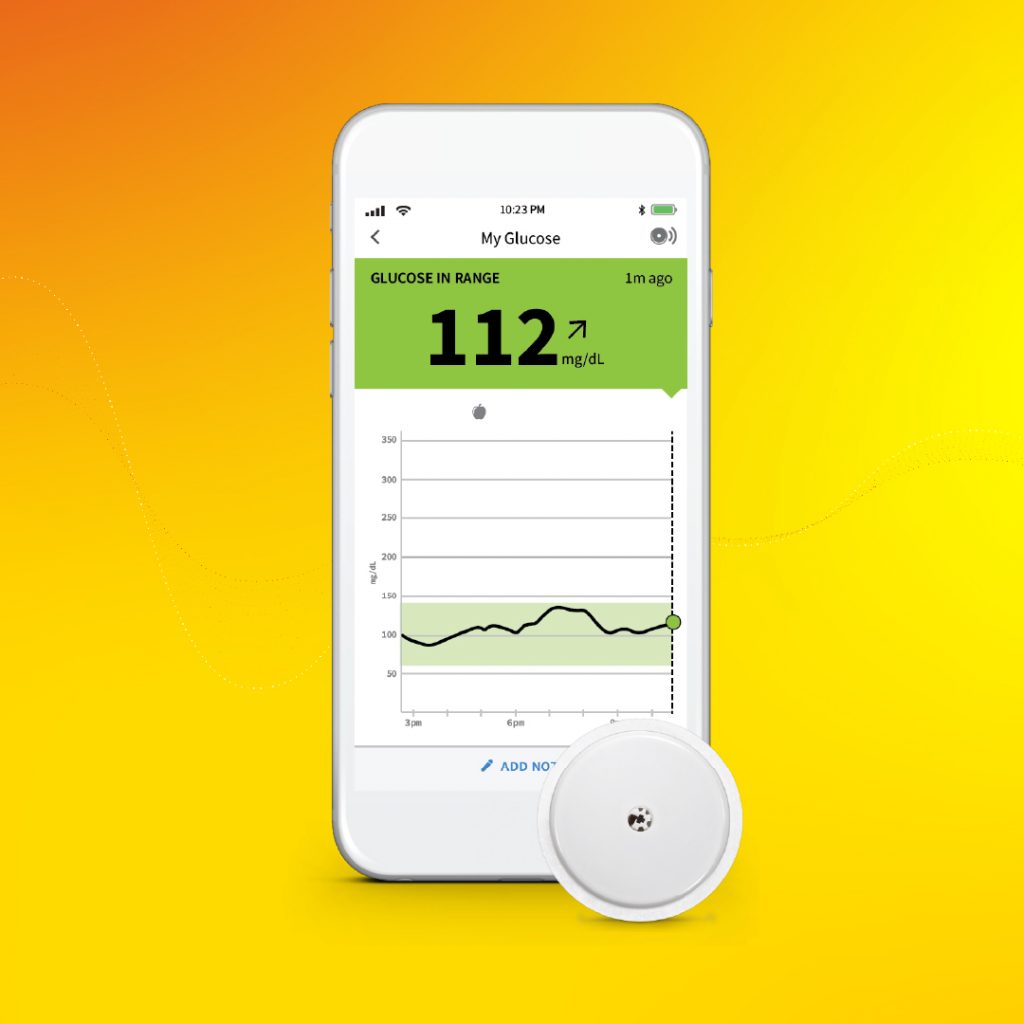 Thanks to insulin’s discovery a century ago, diabetes is no longer the death sentence it once was. However, providing care can often be complicated for both in- and outpatient treatment regimens. Potential new models of diabetes care could help ease the burden of both the patients and the providers, whether treatment takes place at home,...
Thanks to insulin’s discovery a century ago, diabetes is no longer the death sentence it once was. However, providing care can often be complicated for both in- and outpatient treatment regimens. Potential new models of diabetes care could help ease the burden of both the patients and the providers, whether treatment takes place at home,...New App Helps Parents Identify Treatable Childhood Growth Disorders Earlier
Dosage Flexibility of Liquid Hypothyroidism Treatment Introduced for Patients and Clinicians
Continuous Glucose Monitor Developed to Integrate Data Directly into Electronic Health Record
 Patients with classic congenital adrenal hyperplasia (CAH) due to 21-hydroxylase deficiency (21OHD) may benefit from the drug tildacerfont, according to the results from two Phase 2 clinical studies recently published in The Journal of Clinical Endocrinology & Metabolism. Researchers led by Chris N. Barnes, PhD, of Spruce Biosciences (who funded the trial), point out that...
Patients with classic congenital adrenal hyperplasia (CAH) due to 21-hydroxylase deficiency (21OHD) may benefit from the drug tildacerfont, according to the results from two Phase 2 clinical studies recently published in The Journal of Clinical Endocrinology & Metabolism. Researchers led by Chris N. Barnes, PhD, of Spruce Biosciences (who funded the trial), point out that... The U.S. Food and Drug Administration this week cleared Abbott’s FreeStyle® Libre 2 iOS application for use with compatible iPhones, to pair with its FreeStyle Libre 2 integrated continuous glucose monitoring (iCGM) system. Approved for adults and children (4 and older) with diabetes, the new app enables users to get glucose readings directly on their...
The U.S. Food and Drug Administration this week cleared Abbott’s FreeStyle® Libre 2 iOS application for use with compatible iPhones, to pair with its FreeStyle Libre 2 integrated continuous glucose monitoring (iCGM) system. Approved for adults and children (4 and older) with diabetes, the new app enables users to get glucose readings directly on their...The endocrine system is a miracle of evolution — a highly complex machine that carries out multiple functions within the body with precision and efficiency. It’s no wonder that as our understanding of the endocrine system advances, the technology we use to study and care for it also becomes more advanced as it approaches the endocrine system in terms of sophistication. Whether that endocrinology technology takes the form of new, advanced medicines, sophisticated imaging and diagnostic technology, or innovative therapies that make life easier for patients, endocrine science continues to push the boundaries and enter new territory. For endocrinologists, staying informed about all of the latest advances in technology and effective treatment options mean better overall care for their patients.
This section compiles the latest news regarding technological advances in endocrinology, featuring articles written for and by the leading voices in endocrine science today. Here, you’ll find articles relating to all the most recent happenings in technology, techniques and general information of interest to endocrinologists. Keeping up with the latest advancements in the field will help you know where medicine has been, where it will advance next, and how it will look in the future. Endocrine News brings you everything you need to know about the future of endocrinology so you’ll know exactly when science catches up to your patients’ needs. The field of endocrinology continues to advance, and Endocrine News is your source for advancing your own knowledge of everything that’s going on for today and tomorrow.

